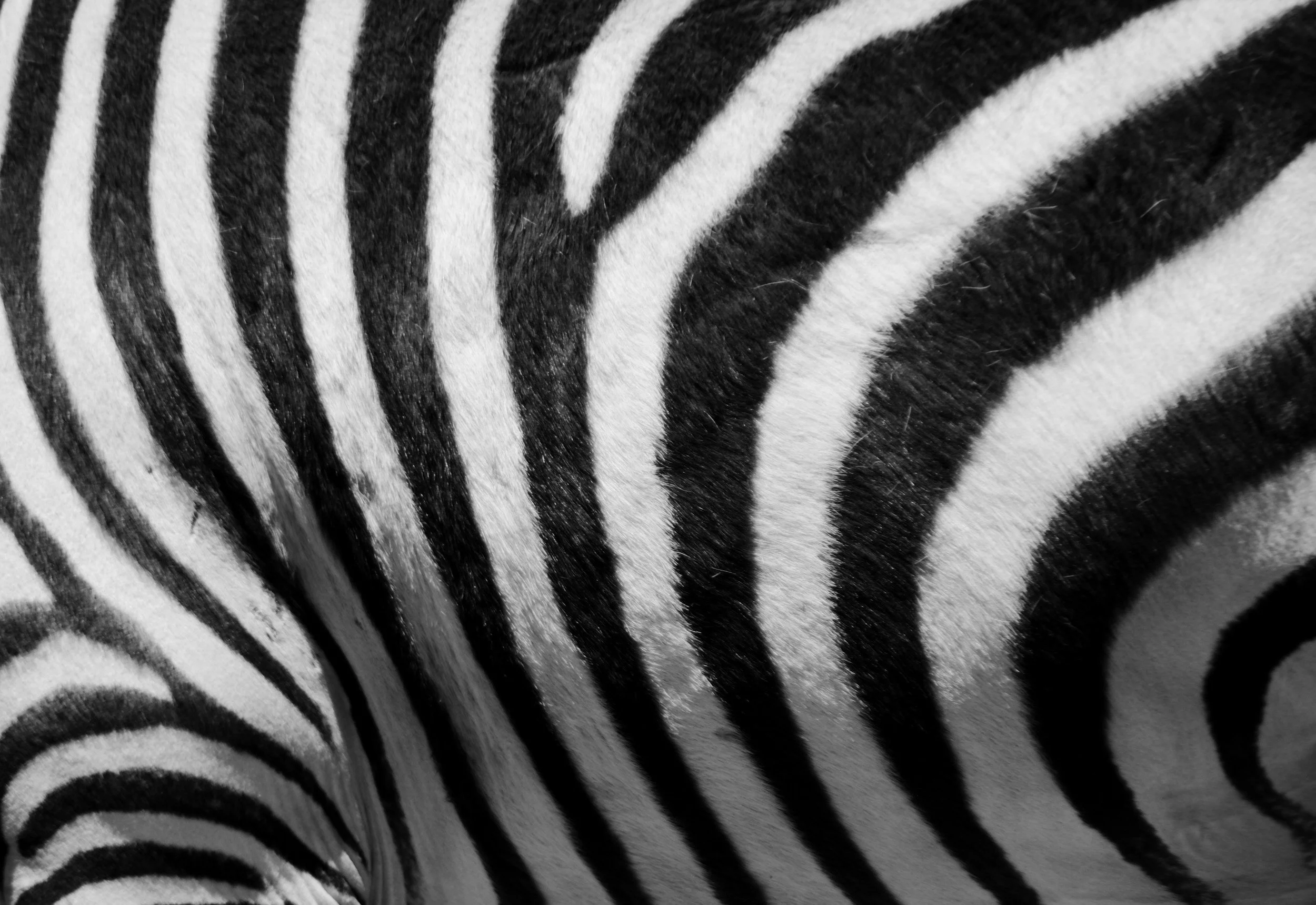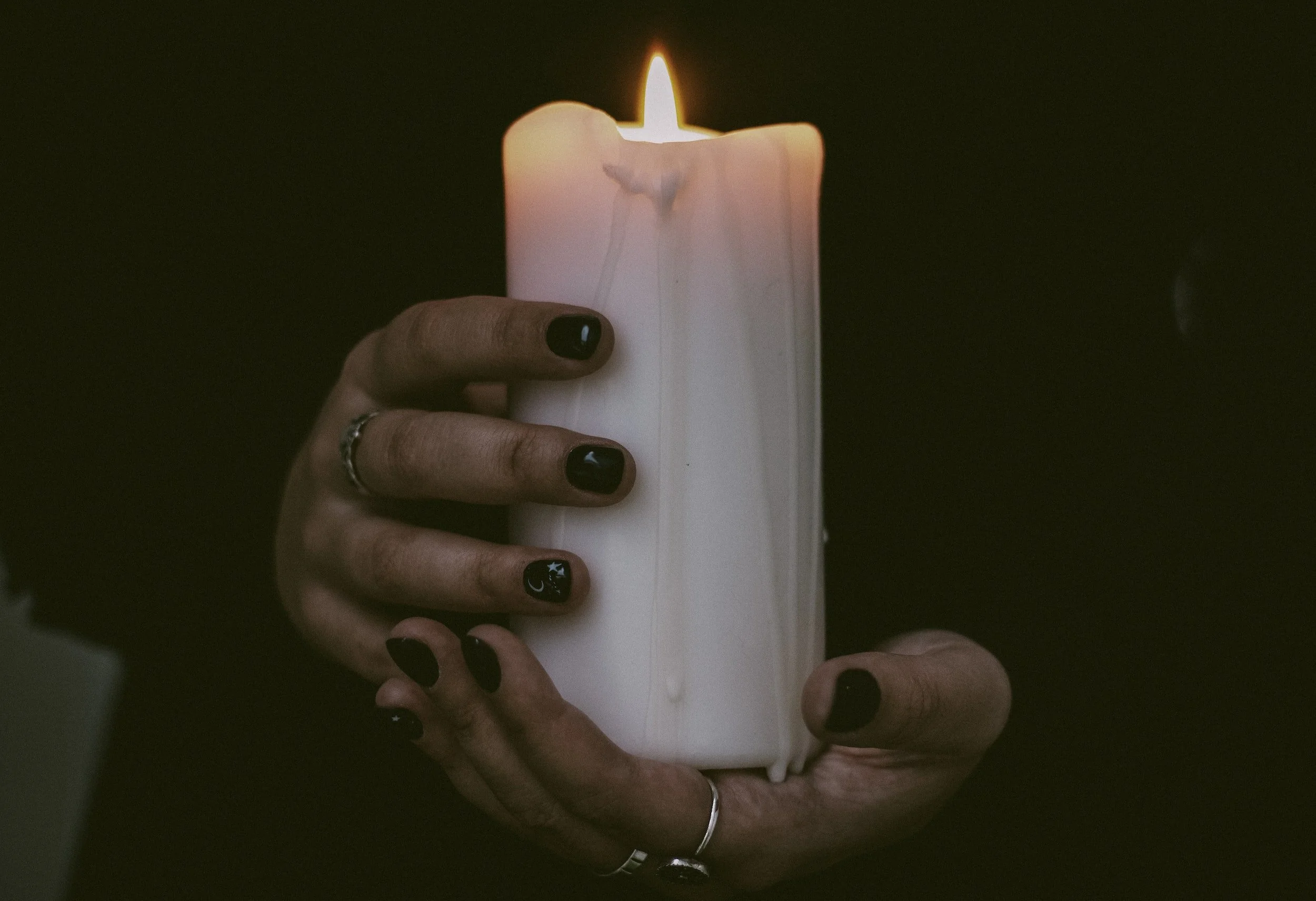My Body Myself: An Unexpected Journey
She was doing Pilates when she saw the first sign. She should have noticed. It was like last summer when the cop stopped her, leaned into the window, and asked if she’d seen the “STOP” sign. Of course she hadn’t, she told him; if she had seen it she’d have stopped. But that, too, was no kind of explanation.
The instructor standing at the front was slender, a wood nymph, ensnared by economic necessity. Six of them in the class, stretched out on their Reformers, ready for a workout. She glanced at the women on either side of her. Young women, unmarked by time, filling their skin like ripe fruit. Had she fallen off the tree, she wondered? Trying to concentrate, to be here now, she looked down at her feet. Pressed out flat against the blond wood jump board, ready to soar, it was perfectly clear. Her big toes, once resolutely pointed forward, were now veering alarmingly, each insistent on a different direction. Parting company for the road not taken. And, most disquieting, quite on their own. But there was so much more to come, her body doing its own thing, morphing in subtle and mysterious ways. Ways known only to the double helix of her DNA and the three fates spinning out her lifeline, waiting to cut. Did they have their eye on her already? And when would the scissors snip? Her body, that bearer of her history, burnt to ash. Will there be even a trace of her left? Spirit or dollop of cloud-like whip cream? At least an electric spark.
***
It is perhaps lucky that she’s never thought she was her body. An inhabitant, that’s how she’d seen it, albeit one with an intimate connection. She’d thought of it as a horse, if she considered it at all, a convenient mode of transportation. A good horse, certainly, one that tried to oblige. But then, she remembers, it’s not been consistently kind. Sometimes as a child, her chest would become a cage, growing so tight her lungs constricted while she slept. Then she’d have to escape, like Houdini. Handily, a small saw would appear, with teeth like a shark, and she’d do it. She’d saw open her chest. It wasn’t easy getting through the sternum. Pushing her fingers under the arc of her ribs, she’d pull herself apart and exit. It was so peaceful, floating just under the ceiling, buoyed by the air. Asthma, she would later understand. Yet even then she’d known she better get back; her body was more than a landing pad.
It seemed that childhood diseases had left her in a vaguely existential state. She’s always believed that her personhood and her body existed in different dimensions. That she existed behind her eyes and in her dreams. But that didn’t keep her from being critical or even cruel to her body, treating it like a slave that must do her bidding. It’s only lately that she thinks of it with gratitude, an old friend whose achievements she has finally recognized. It’s the repository of so much, her historian, so much stored without words, even without memory. But it’s in there. After all, it’s her body that’s borne the brunt of her choices, clocked all those hours of discount shopping, endured her capricious decisions, variable sex, and the lugging of all kinds of crap. Even childbirth, marked by the precious pain of that, and then all that suffering for beauty. All of that. Her body isn’t a quitter. Her body deserves an apology. Now she kisses the back of her right hand. What a good old friend, she says to it. I couldn’t be more grateful. Humbled by its courage, she thanks it for its service. Her hand says nothing.
But really, how was she to have noticed? What with the needing and the getting and then the yearning, the dithering, the distress, and all those belly flops into significance, was it her fault for having been distracted? Time was shorter than she knew, and her attention had always been focused on the future. Oh, the futility of that. But her body has the brakes on now, there is no doubt. The pads are fraying, and she’s running out of gas. In the morning, she leaps out of bed to cultivate optimism, and still she can. But there’s a dawning understanding now; this won’t go on forever. Doom looms on the horizon. The camping trip is over, it’s time to go—but where? What home is there but this body?
She panics, dosing herself with a handful of walnuts and a smattering of goji berries. The elliptical beckons. On occasion, she attempts stretching. Propitiating the snippers, she prays for a long last act. She’s come to her senses. Aches that surprise her in the morning and the body’s downright refusal to go three levels down for the E train can’t be denied. She begins to coax her body along, bribing it with snacks and shopping. Kinder, she’s so much more solicitous, asking how it feels. Care-taking, too, she finds herself spending so much more time on that.
***
There is no denying that things are changing. Sagging, morphing in subtle and not-so-subtle ways. She thought she’d knocked a heel off her boot, but no, she discovers that one leg is shorter than the other. A chiropractor confirms it. How has this happened? Is she bound to join the gargoyles of Notre Dame? She tries not to get carried away. And it isn’t just gravity, not really; that’s always been there. It seems her parts are wearing out or just getting tired. She’d read that article about 3D organ printing, the heart cells magically organizing themselves to beat. But that had been a chicken heart and she is not a chicken. Will replacement parts arrive in time for her? Probably not. It’s the next generation that will live in a world of apocalyptic tech, gutting it out with the zombies. But her leg, that had crept up on her. She should have been watching. Should have been because it’s not just her leg, it’s her pelvis and her spine. The whole damn thing makes some sense, the way we’re hung together, since we’ve chosen to stand on two feet.
***
Her mother had it right. It’s inevitable. Things wear out. It was ankles and feet that were her mother’s Waterloo. She spoke about it rarely, and when she did, like a self-engineer. It was structural, she’d say, and, of course, it was. There’s that song she’d sing a snatch, “The toe bone’s connected to the…” Well, it’s definitely not the femur. It’s one of those myriad small bones that collaborate miraculously so you can walk. Between her toes, mother jerry-rigged toe straighteners, abated by cotton balls and Band-Aids, Rube Goldberg contraptions that engaged her problem-solving mind. She was brave, her mother. One must be brave.
***
She is far from perfect; there’s the twist to her spine and all that stuff. And it’s true that her skin has developed a certain slackness. She eschews the sleeveless. But what bothers her most is her missing part. Nothing obvious, but a treasure. She grieves for it. The uterus unexpanded is the size of a pear. Expanded, it’s wide as the world, growing a thousand futures, an Aladdin’s lamp where a little genie can take residence. A part of her, she knows, because she’s felt its phantom ache since she lost it. Well, not really lost it, like an umbrella. It had been removed. Out with the medical trash, she must assume. So much better to have buried it at the foot of her children’s slide, so they could thump down innocently on their original home. That would have been more satisfactory.
Other things have simply been misplaced. Her third boyfriend and, of course, the keys. Language, too, words dropped to the floor in the file room not so easily retrieved. But you can’t really blame that on the body—or can you? She ponders this. Isn’t the brain, that magical blob, a part of the body? And here it is, heaping upon her so many indignities. Yes, she knows, five pounds and all that, a sack of extraordinary jelly, what can you expect? A whole lot. Whatever it is, it’s steering the bus. Though sometimes she’d thought of her brain as a “loaner,” hers for a time, eventually to be repo-ed by the gene pool and passed along. It’s not her fault that she’s assailed it from time to time with psychotropic medications, illegal substances, and the occasional drink. She’d needed to assert control, or at least try. Misery, she’d wasted a whole lot of time wallowing in that. Was that visited upon her by that trickster brain? Was it chemistry or volition?
She decides to make friends with her brain, to get to know it. Reading scientific journals, she tries to concentrate, but concentration is no longer part of her repertoire. In honor of her brain, she perseveres. Fragments stick. Plasticity, that’s the ticket. Her clever brain isn’t out of tricks. It can change itself. Even heal! It cheers her to think of that, the possibility of repair. But then she encounters memory. The hippocampus, that little seahorse embedded deep in the temporal lobe; the amygdala, that’s part of the team; the neocortex, where memory survives. She reads with horrid fascination. Memory itself is mutable, she discovers, shifting a little with each recollection. Like an old film, degrading in the retelling. So now what? Is her memory an unreliable witness? Sure, her short-term’s shot, but what about the rest? Skinny-dipping in Honolulu? Her daughter hurling that kitchen chair at her? The touch of a lover, the taste of cold grapes on the beach? Heartbreak, lust, the smell of a baby’s hair? Will they all disappear? Who is she but the accretion of her memories? Is she simply a heartbeat encased in this sad sack of flesh and skin? She shudders. It’s not just her body that’s falling apart.
Ten minutes of Spanish a day, verbs flee her. Music, though she can’t remember much past the eighties. Notecards and then Post-its plastered on the kitchen wall. Turmeric in her oatmeal. Fish oil. Sleep. She remembers her third-grade teacher and the names of the Norse gods but can’t find the car registration. The taste of fear is in her mouth, and her brain, Old Testament and implacable, whispers to her in the night:
“I will show you fear in a handful of dust.”
Get a grip, she tells herself. It’s been a good run. Gratitude, there’s the grace of that. She meditates. And though her mind strays like an escapist cat, she feels a flickering peace. Whatever comes next, so be it. She’s feasted on her life, though perhaps not always tasted it.
She wakes up to a day of sun and stretches and raisin bran for breakfast. It’s a very good day. Yes, the penny’s dropped, and time’s the currency. But she will not falter. She swears allegiance to her body. Tells her brain to put a lid on it. At Pilates, she compliments her toes, and they curl beguilingly. It’s not over yet, she tells them confidentially. She will follow them wherever they may lead her.
-Susan Eve Haar
Susan Eve Haar is a writer and playwright living in New York City. Her essays and short stories have been published in CRAFT, North Dakota Quarterly, Pembroke Magazine, and other places. Her plays have been published in The Best Women’s Stage Monologues 2020 and 2018, Monologues for Headspace Theatre: Radical Thinking Inside a Box 2019, and The Best Ten-Minute Plays 2018 all published by Smith & Kraus. A member of the Actor’s Studio and Writer’s Guild East, she is the winner of the 2021 Chester B. Himes Memorial Fiction Prize and the recipient of a Sloan Foundation commission.




















